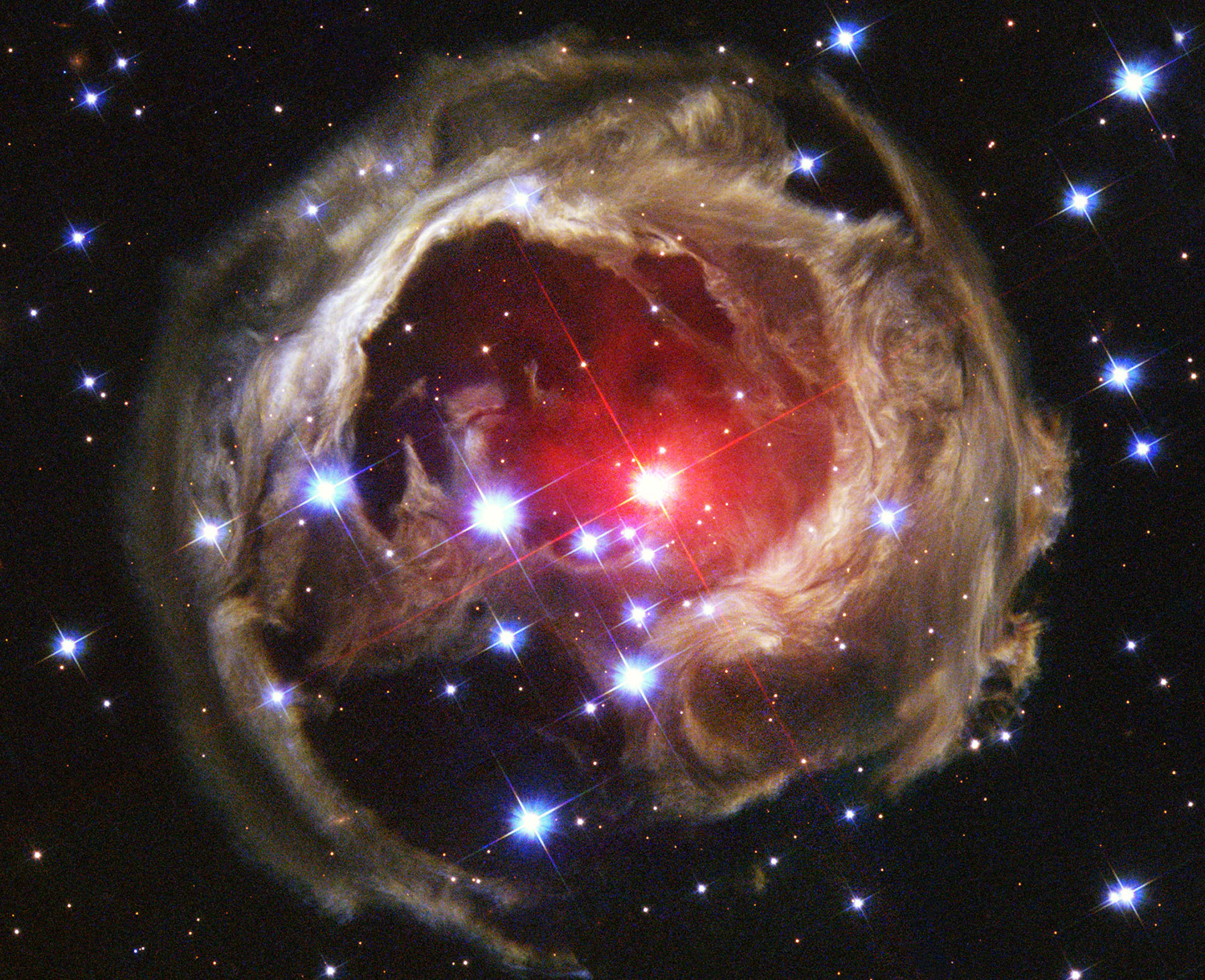January 30th
…Jesus Christ our Lord, who was a descendant of David according to the flesh, and was established as the powerful Son of God by the resurrection from the dead according to the Spirit of holiness.
Romans 1:3-4 (HCSB)
A lot of people have died for a good cause. The problem with the apostles is that their good cause died on the cross. They believed Jesus to be the Messiah. They didn’t think he could die. They were convinced that he was the one to set up the kingdom of God and to rule over the people of Israel. In order to understand the apostles’ relationship to Christ and to understand why the cross was so incomprehensible to them, you have to grasp the attitude about the Messiah at the time of Christ:
E. F. Scott says: “To the people at large the Messiah remained what he had been to Isaiah and his contemporaries – the Son of David who would bring victory and prosperity to the Jewish nation. In light of the Gospel references it can hardly be doubted that the popular conception of the Messiah was mainly national and political.”
One can detect in the New Testament the apostles’ attitude toward Christ: their expectation of a reigning Messiah. After Jesus told his disciples that he had to go to Jerusalem and suffer, James and John asked him to promise that in his kingdom they could sit at his right and left hands (Mark 10:32-38). What type of Messiah were they thinking of? A suffering, crucified Messiah? No, a political ruler. Jesus indicated that they misunderstood what he had to do; they didn’t know what they were asking. When Jesus predicted his suffering and crucifixion they didn’t know what he meant (Luke 18:31-34). Because of their background and training they believed that they were in on a good thing. Then came Calvary. All hopes departed of Jesus being their Messiah. Discouraged, they returned to their homes. All those years wasted.
But a few weeks after the crucifixion, in spite of their former doubts, the disciples were in Jerusalem proclaiming Jesus as their Savior and Lord, the Messiah of the Jews. The only reasonable explanation that I can see of this change is 1 Corinthians 15:5 – “He appeared… then to the twelve.” What else could have caused the despondent disciples to go out and suffer and die for a crucified Messiah?
Yes, a lot of people have died for a good cause, but the good cause of the apostles died on the cross. Only the resurrection and resultant contact with Christ convinced his followers he was the Messiah. To this they testified not only with their lives and lips, but with their deaths.
from Josh McDowell’s More Than a Carpenter (Ch. 6)
Again, #include std disclaimer here; I agree with what I’ve posted, not necessarily the writer’s whole body of work. The E.F Scott quote McDowell uses comes from Kingdom and the Messiah, which I have not read, because it’s hella long (and likely horribly out of date, though, on the bright side, that means it’s probably in the public domain). The rest is obviously from More Than a Carpenter, which I have read.
I tend to take a very dim view of most apologetics (besides my C.S. Lewis fangirling of course, but, even there, Lewis at his most compelling focuses on his personal experience and psychological landscapes. He also leans more towards rhetoric than logic, because of his classical/dialectical focus, and isn’t the most thorough of philosophers… and isn’t that a laugh? viewing Lewis as part of the Quietist tradition? but anyhow…). But if I suspend any criticism regarding facts, reasoning and style, McDowell’s work is, like most apologetics, heart-opening, more than mind-opening, and that’s what’s most needed I think; once your heart is cracked open, it’s very easy to have an open mind.

 Here’s
Here’s 